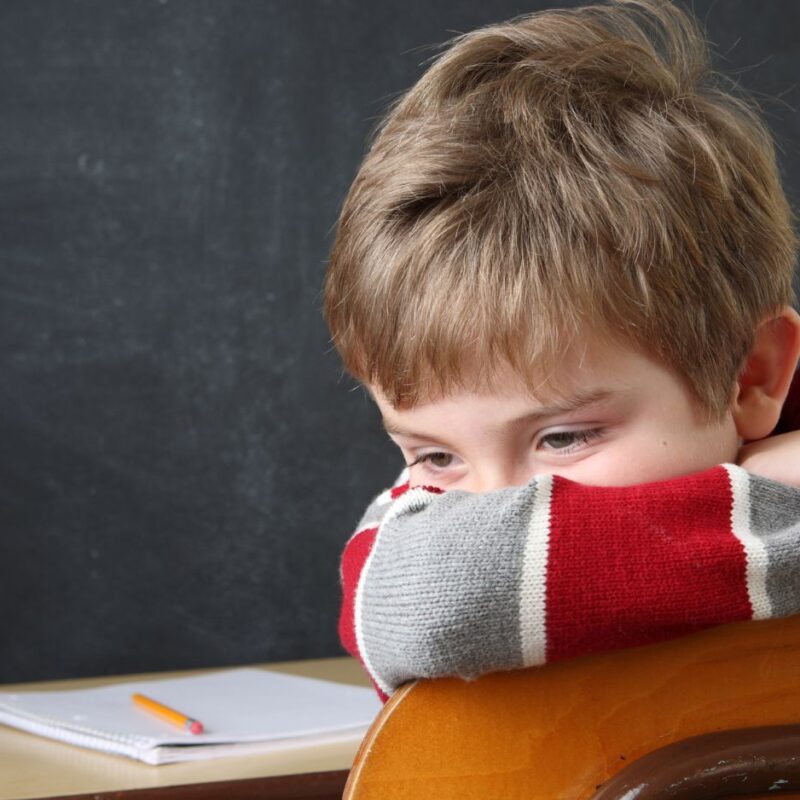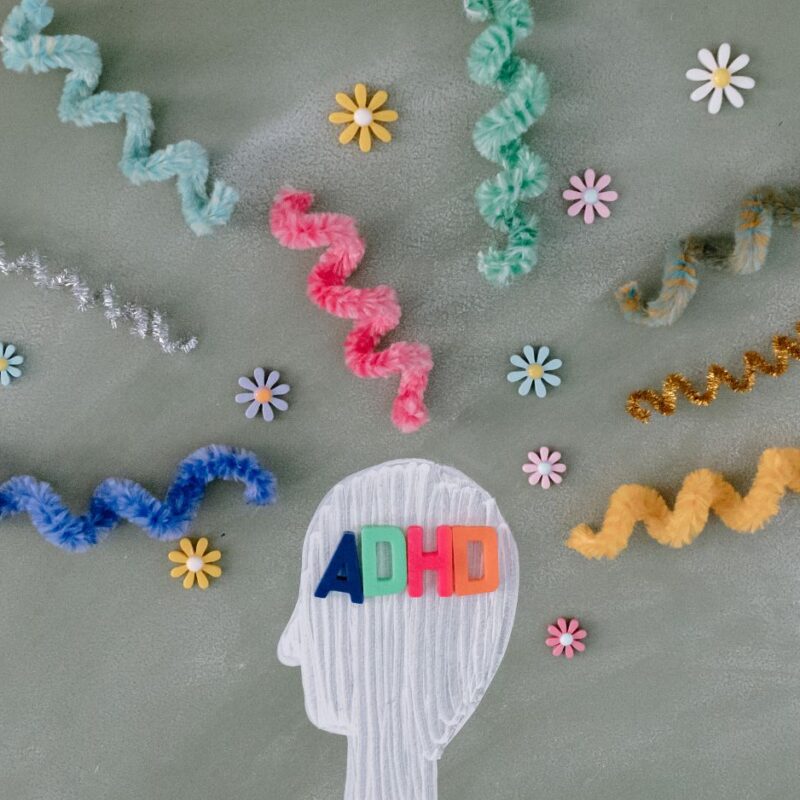The exact cause of ADHD is not known, but it is believed to involve a combination of genetic, environmental, and neurological factors. ADHD is typically diagnosed based on a thorough evaluation of the child’s symptoms, behavior, and medical history. Treatment for ADHD often includes a combination of behavioral therapy, medication, and support from parents, teachers, and mental health professionals. With proper treatment and support, children with ADHD can learn to manage their symptoms and lead successful, fulfilling lives.
- Inattention. Your child may have trouble paying attention or is easily distracted.
- Impulsivity. Your child acts without thinking, such as interrupting others.
- Hyperactivity. Your child is constantly in motion, overactive, or talks too much.
Signs of hyperactivity and impulsivity include:
- Fidgeting
- Squirming
- A hard time sitting still for quiet tasks
- Running or climbing at inappropriate times
- Talking too much or interrupting
- Trouble waiting their turn
Signs of inattention include:
- Trouble with finishing tasks
- Losing things often
- Forgetfulness
- Disorganization
- Being easily distracted
- Making careless mistakes
- Seeming not to listen




